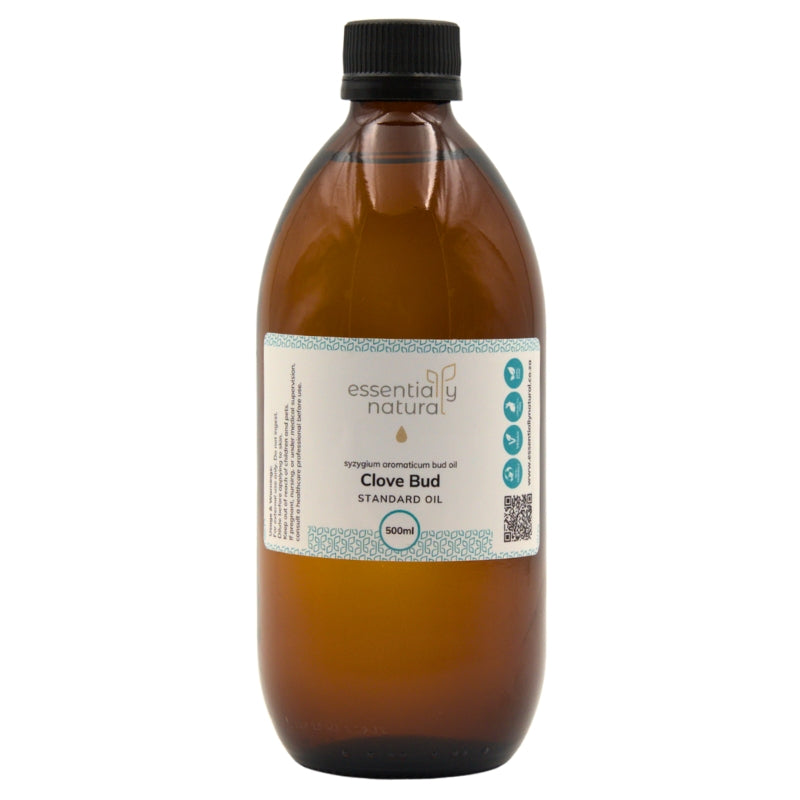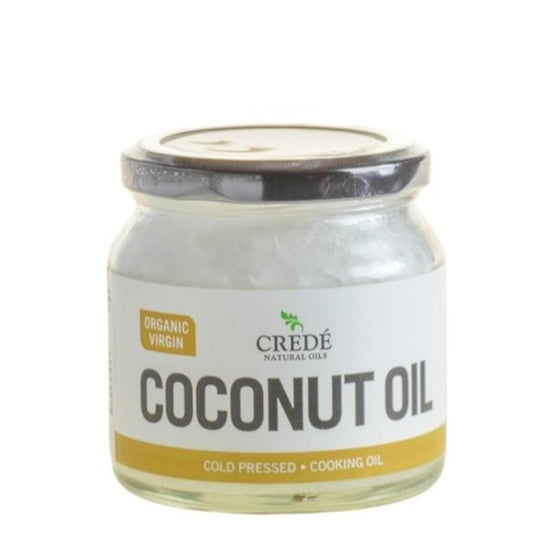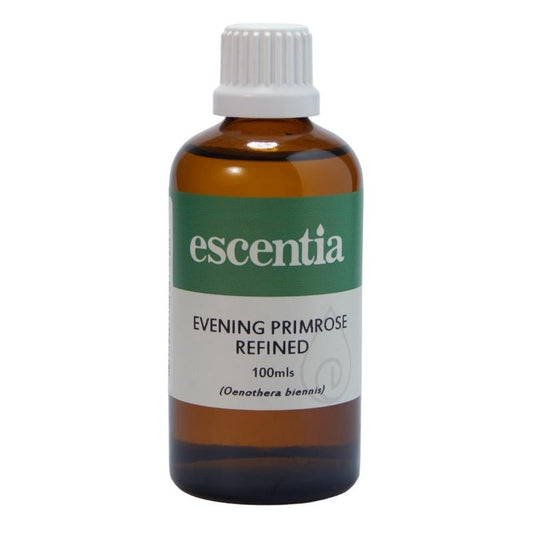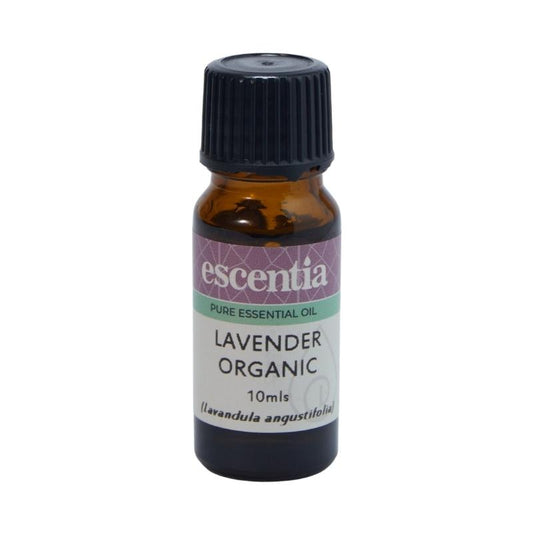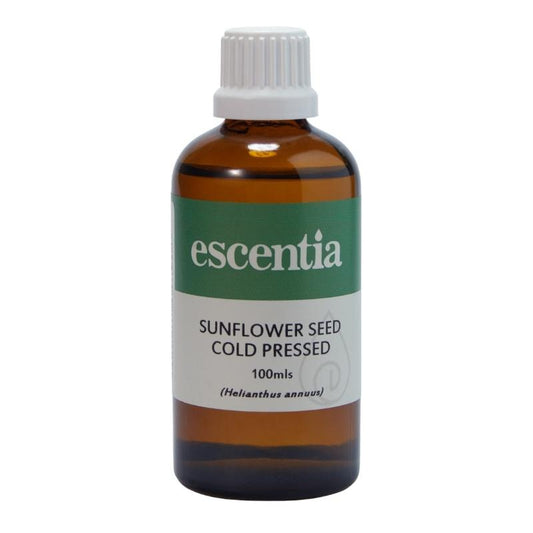
Autumn Oils for Skin and Wellbeing
Juliette van der MeerAs the colder weather sets in and the leaves turn shades of orange and fall, we've picked our two favorite oils for the season: clove bud and cape chestnut.
Clove Bud Essential Oil
Clove bud oil is obtained from the flower buds of the clove tree. Famous for its dental care properties and toothache-numbing abilities, it actually has numerous other uses and is a deliciously warming, autumnal oil - perfect for the chilly weather we're experiencing! It's our essential oil Wonder of the Week, so read on for all its other uses.
What does Clove Essential Oil do?
Clove bud oil has powerful antimicrobial, antifungal, antiseptic and antiviral properties. The oil has a spicy, relaxing scent. It is composed of 90% eugenol, a compound that is potently antiseptic and anti-inflammatory in nature, which makes it so effective for pain and dental care.
Popular in aromatherapy, clove oil:
- stimulates blood circulation, warming up the body and kick starting the metabolism.
- has a relaxing scent that refreshes the senses and is stress-relieving.
- great for painful muscles and inflammation.
In skin care, clove bud oil treats acne, sores, rashes, blisters and impetigo. It is healing and inhibits bacteria. Add 2-3 drops to a tablespoon of coconut or jojoba oil, or to a spoon of honey. Massage into the problem area and rinse off after 20 minutes. Clove oil increases blood flow in the skin and helps it look healthy, rosy and less aged.
Using Clove Essential Oil
Clove oil is popular as a soap ingredient because of its skin benefits and its exotic scent. Add to your soap making process to get the benefits.
Preliminary studies have found oleanolic acid, an active compound in clove oil, inhibits tumor growth. It is possible clove oil can provide therapeutic treatment for certain forms of cancer.
The eugenol compound in clove oil helps dilate arteries, reduce systemic blood pressure and can contribute to heart health. Acetyl eugenol, another compound, is a platelet inhibitor, preventing blood clots and thrombosis. Note: clove bud oil is a natural blood thinner; do not use with other blood thinning medications.
For nausea, add a few drops to a tissue or napkin and breathe in.
Clove oil can be steam inhaled to assist in respiratory issues and to loosen phlegm. Alternatively add two drops to your decongesting ointment and rub onto the chest.
Adding a few drops to your diffuser or burner can help ward off insects.
Note: use clove oil sparingly as it is very powerful, and always dilute in a carrier oil when applying to the skin.









